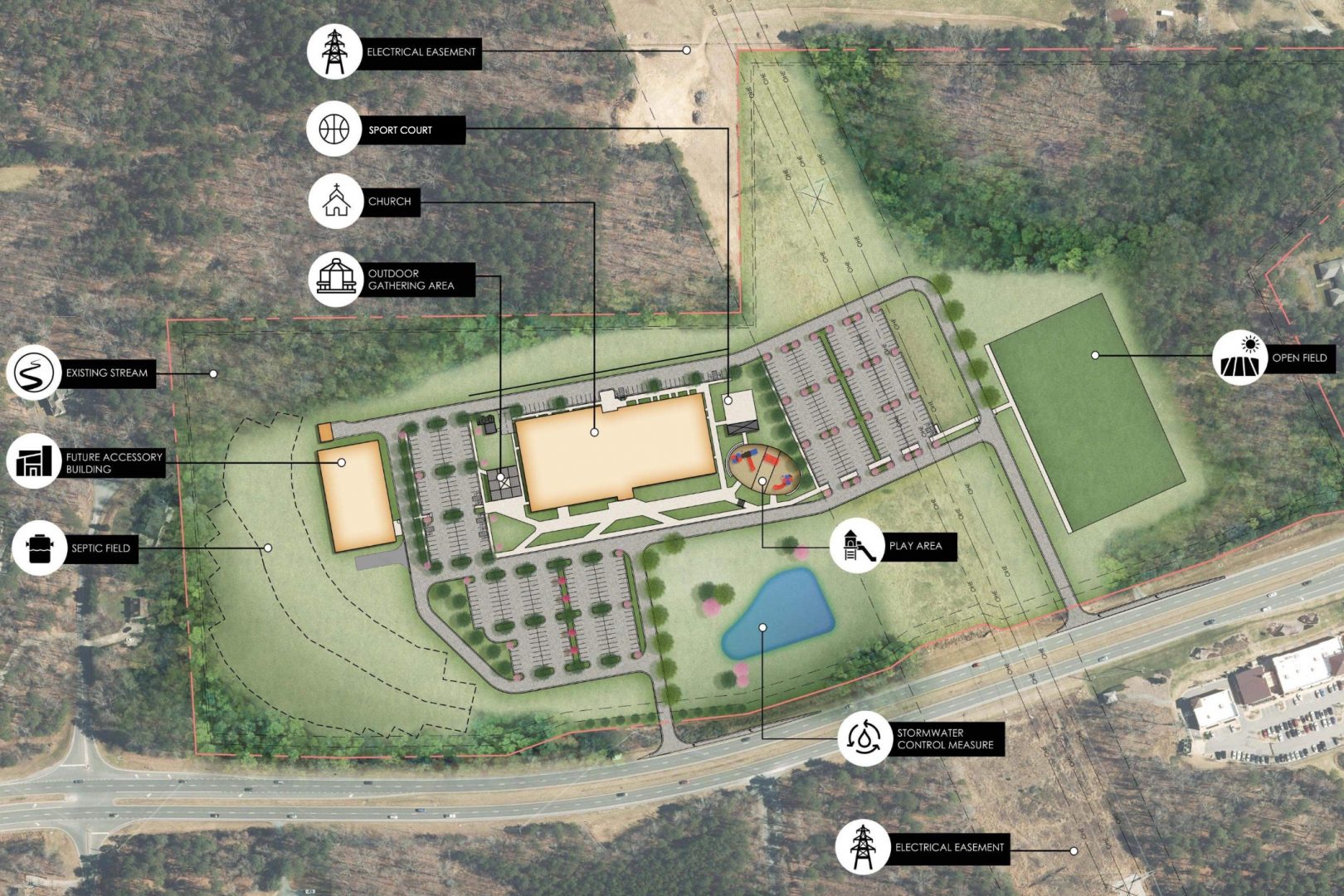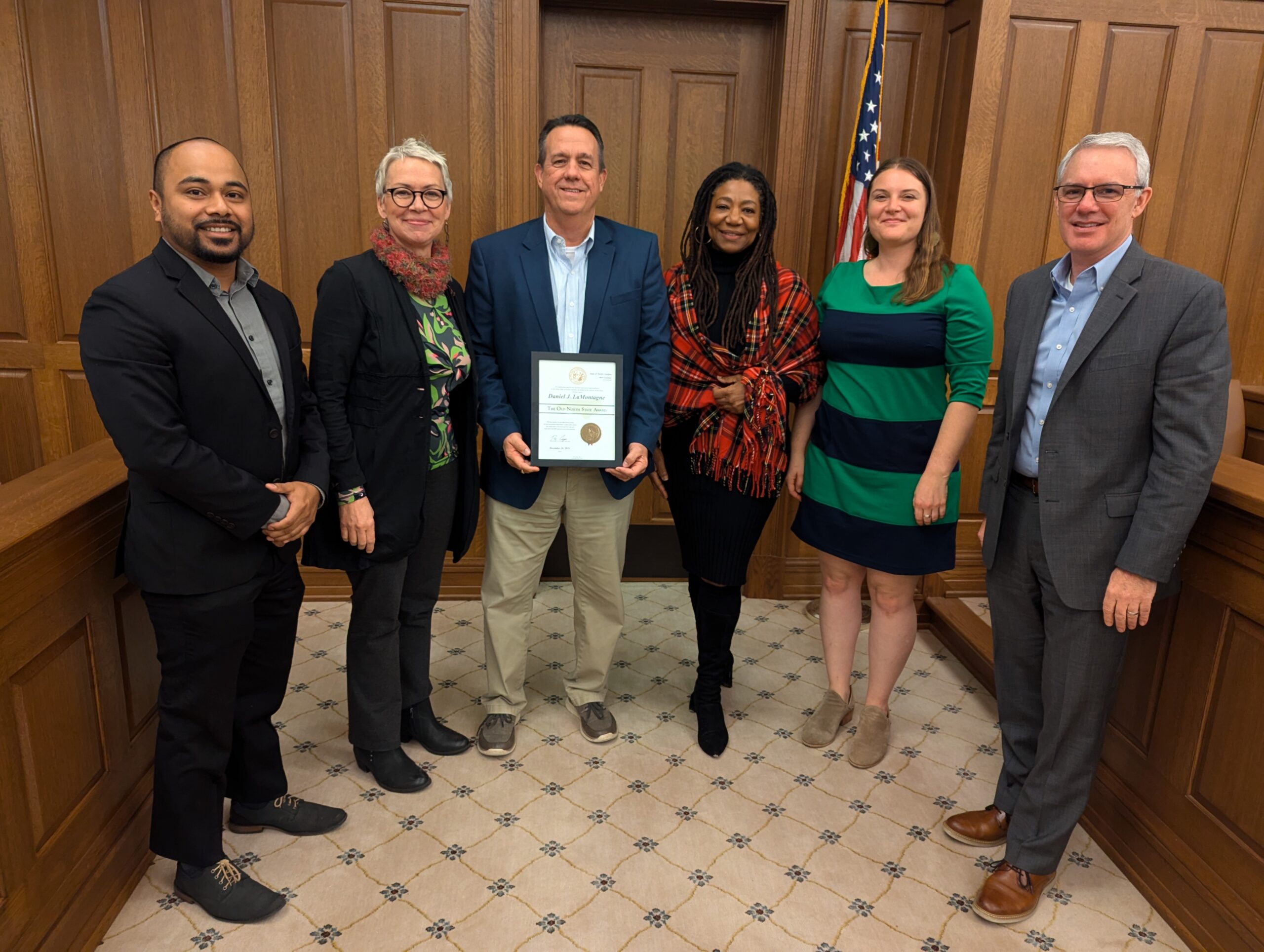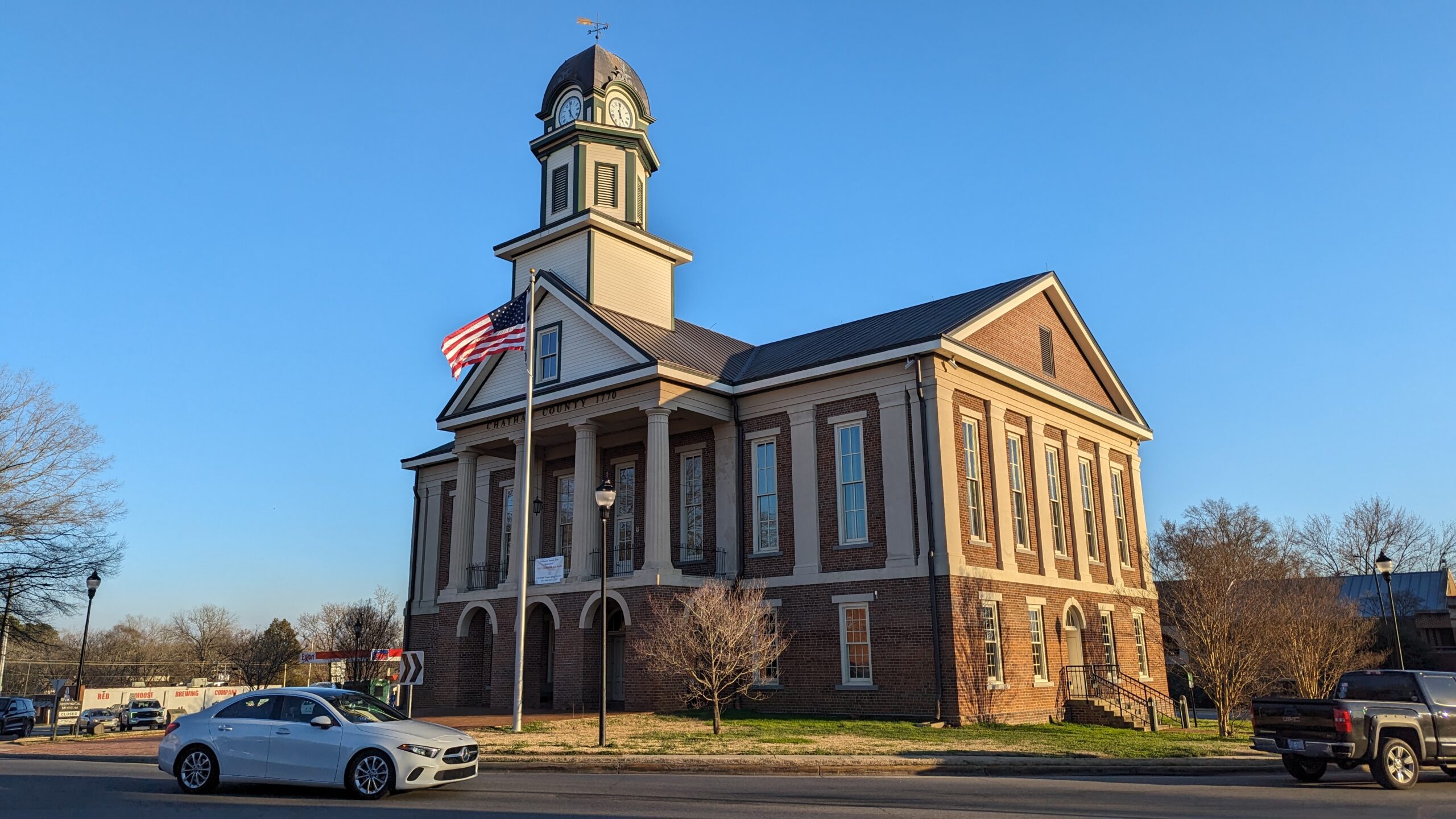The Chatham County government took its latest step in responding to a lawsuit alleging its elected officials violated the religious rights of Summit Church, as it filed a motion to dismiss the case last week.
After petitioning for more time to craft its retort in court, the local government asked the U.S. Middle District Court of North Carolina to dismiss the request for a preliminary injunction due to lack of standing and lack of discrimination by county officials against Summit Church based on their religious practices. The evangelical Baptist church filed the lawsuit in February saying the county commissioners violated the federal Religious Land Use and Institutionalized Persons Act by denying its request to build a new worship site in December.
Summit Church – a multi-congregation organization based out of Durham – is looking to find a new and expanded home for its Chapel Hill campus, which currently operates out of East Chapel Hill High School’s facilities. The group acquired interest in 93 acres across the county line in Dec. 2023, just north of Vickers Road where the housing community Herndon Farms was once approved. With an option to purchase the land set through July 1, 2025, Summit designed and proposed building a two-story, 82,000 square foot facility with outdoor amenities and parking on roughly 50 acres in a rezoning request to the county.

An aerial rending of the site plan for Summit Church’s Chapel Hill campus sought in Chatham County. (Image via Qunity/Summit Church.)
In its February lawsuit, Summit’s representation argues Chatham’s elected officials failed to “treat religious assemblies and institutions on equal terms with nonreligious assemblies and institutions” in their rejection of the request on Dec. 16. The case points to the county’s comprehensive plan (Plan Chatham) designating the U.S. 15-501 corridor for denser development and activity, considering its existing neighborhoods and approved construction of other projects. Summit’s leadership and planners tried to take that, as well as the desire to visually blend with the surrounding area, into account with its design — but the commissioners and planning board each cited in their rejections their constituents’ preferences to maintain the corridor’s “rural character” and that a “megachurch” does not fit with the county’s long-term planning efforts.
Referencing Plan Chatham’s designation for the area and its efforts for consistency, Summit says the denial of the rezoning is an outlier with the board’s past voting practices — which include approving all but one project besides Summit’s since the comprehensive plan’s adoption. The commissioners’ discussion around the church’s vehicle traffic or tax-exempt status was not based on data around what its congregation could bring to the site and propped up their broad disapproval of the project, the church alleges. By voting the new campus down, the lawsuit argues, Chatham County’s board “imposes a substantial burden on Summit Church’s religious exercise; namely, its mission to ensure that there is a thriving evangelical church within [15] minutes of every person in the Triangle and its need to find a site of its own.”
If approved by the court, Summit’s injunctive relief would include the county government granting the church its rezoning request, as well as compensatory damages. Chatham County’s response — filed on Thursday, Mar. 24 — argues the church lacks the standing for such relief by the court system, and that its commissioners’ decision does not place substantial hardship on the organization because its “burden” of expanding its congregation is self-imposed. The county also maintains the review of Summit’s rezoning request followed all normal procedures and the lawsuit’s description of “vitriol” toward the church’s religious practices is “a dramatic mischaracterization” of both public and county officials’ comments.
The county references more than 200 pages of written and spoken public comments made by residents on the project, many of which focused on aspects of the proposal beyond Summit’s religious practices and views. Concerns about elevated traffic on Sundays, the tax implications of having an exempt organization on the land, and the aesthetic choice of the church in a corridor with rising importance to the county and community are all highlighted in the motion. Additionally, the county’s response argues in favor of a local government’s jurisdiction to determine what is built within the community — especially when based upon the feedback of its constituents.
The latter element of the response was brought up by Chair of the Chatham County Commissioners Karen Howard during an interview with 97.9 The Hill in March. Speaking about the unanimous Dec. 18 vote against Summit Church’s proposal, she said the county’s leadership is trying to manage its significant growth “thoughtfully and responsibly” – especially in the U.S. 15-501 corridor between Chapel Hill and Pittsboro, which still has rural areas despite the newer development.
“In my opinion, there is some real value in the people’s very clear to statement to Chatham County that we want to preserve rural character,” said Howard. “And part of my responsibility in ensuring that we do that and try to meet that goal is tempering and managing what growth looks like in these quickly developing parts of the county…particularly in the northeast. That is exactly what that decision reflects.”

From left to right: Chatham County Commissioners Franklin Gomez Flores, Amanda Robertson, Karen Howard, Katie Kenlan and David Delaney stand with outgoing county manager Dan LaMontagne (center, holding plaque) during the board’s meeting on Monday, Dec. 16, 2024. (Photo via the Chatham County government.)
Part of Summit’s lawsuit argues the land is zoned only for conditional purposes because of Hernon Farm’s approval in 2022, which saw the zoning switch from Residential 1. Despite that, Howard alluded in her comments to basing December’s decision around the public’s feedback received during the comment period for the project. She said she believes it is important to respect local governments’ ability to cultivate growth based on a mix of the community’s wants and long-term needs.
“There are lots of places in Chatham County where you wouldn’t need a zoning application that comes before the commissioners to build a church,” she said. “In that particular node, it is a requirement – and I think it’s entirely within the purview of the commissioners to make a decision that not just followed the decision of the planning board, but also goes along with what the people in the community have said through their responses in Plan Chatham.
“We want to preserve an aspect of rurality and character in all parts of Chatham,” Howard concluded, “and having a megachurch [there] does not fit with that. And I think the board spoke resoundingly when we said that.”
Summit Church did not respond to Chapelboro’s request for comment by the time of publication on the motion to dismiss, but its leadership issued a statement to religious outlets in February saying the church is “appealing to the courts because we believe we have a responsibility to defend our constitutional rights and the rights of all churches, regardless of beliefs, size, or methodology.”
Chatham County’s motion to dismiss was filed by Patrick Flanagan and Samantha Owens of Cranfill Sumner out of Charlotte, N.C. Summit Church is being represented by attorneys will Michael Best & Friedrich, a national law firm in Wisconsin.
Chapelboro.com does not charge subscription fees, and you can directly support our efforts in local journalism here. Want more of what you see on Chapelboro? Let us bring free local news and community information to you by signing up for our newsletter.






